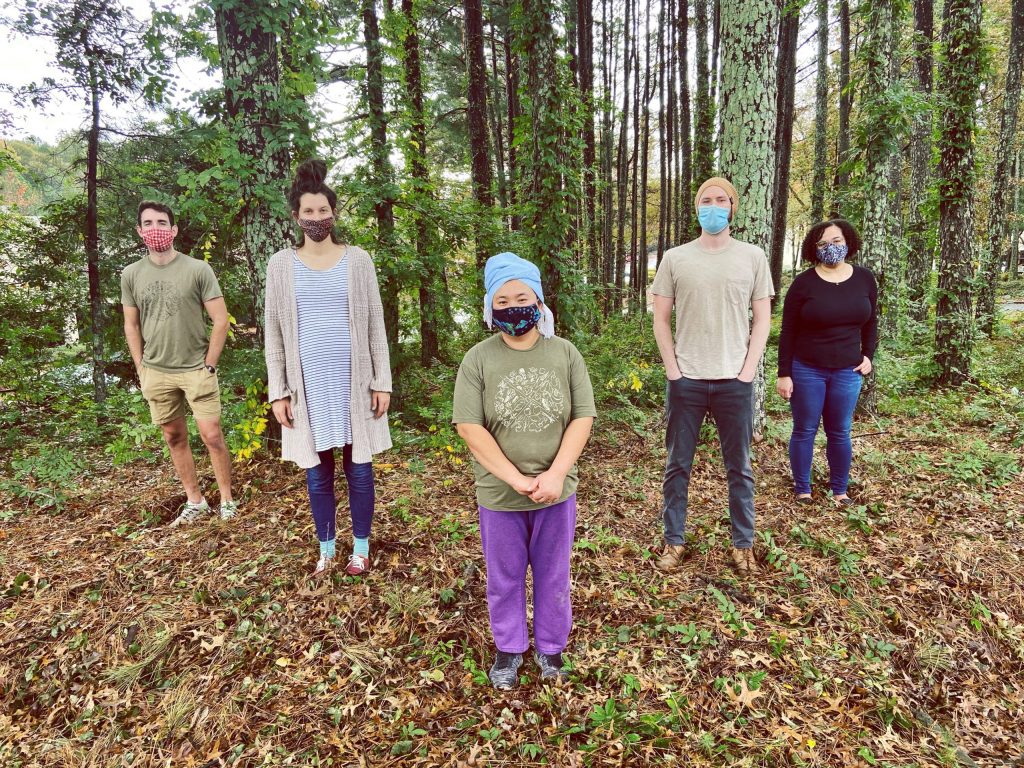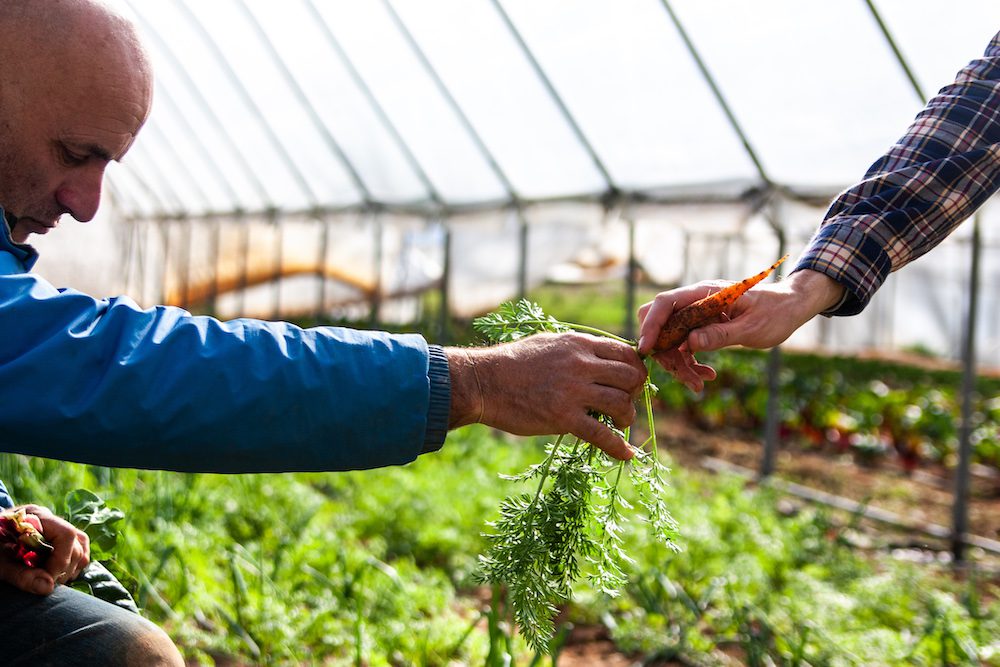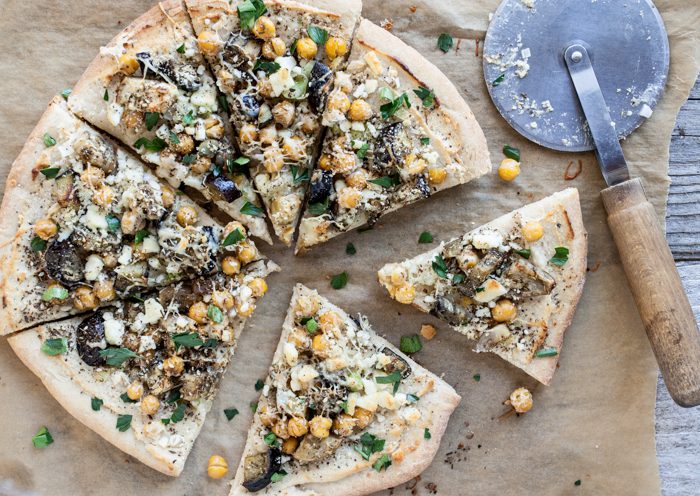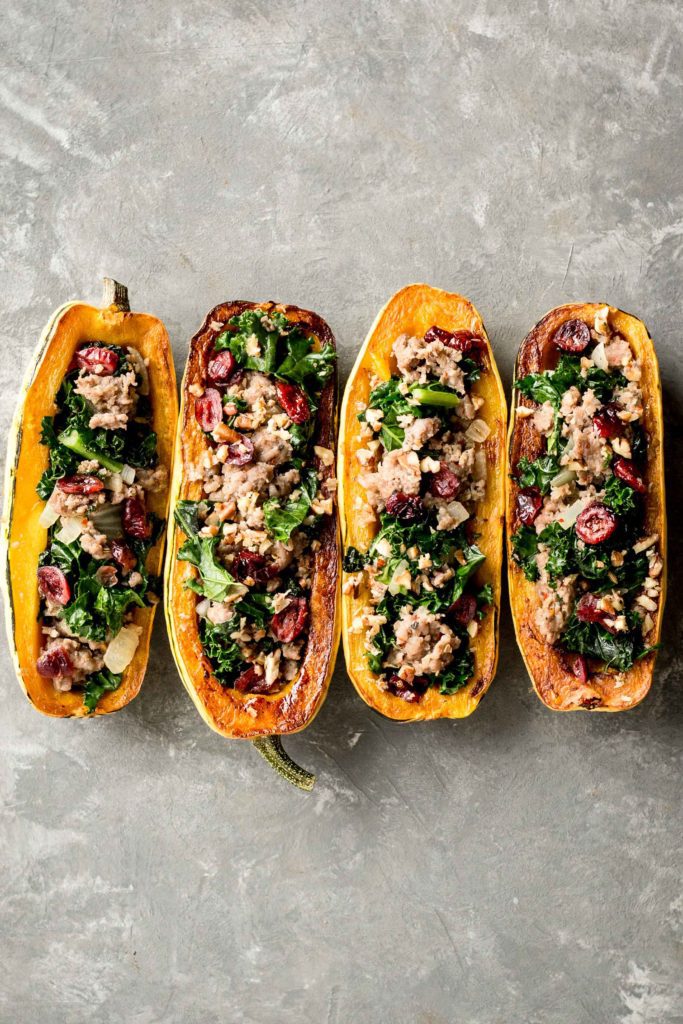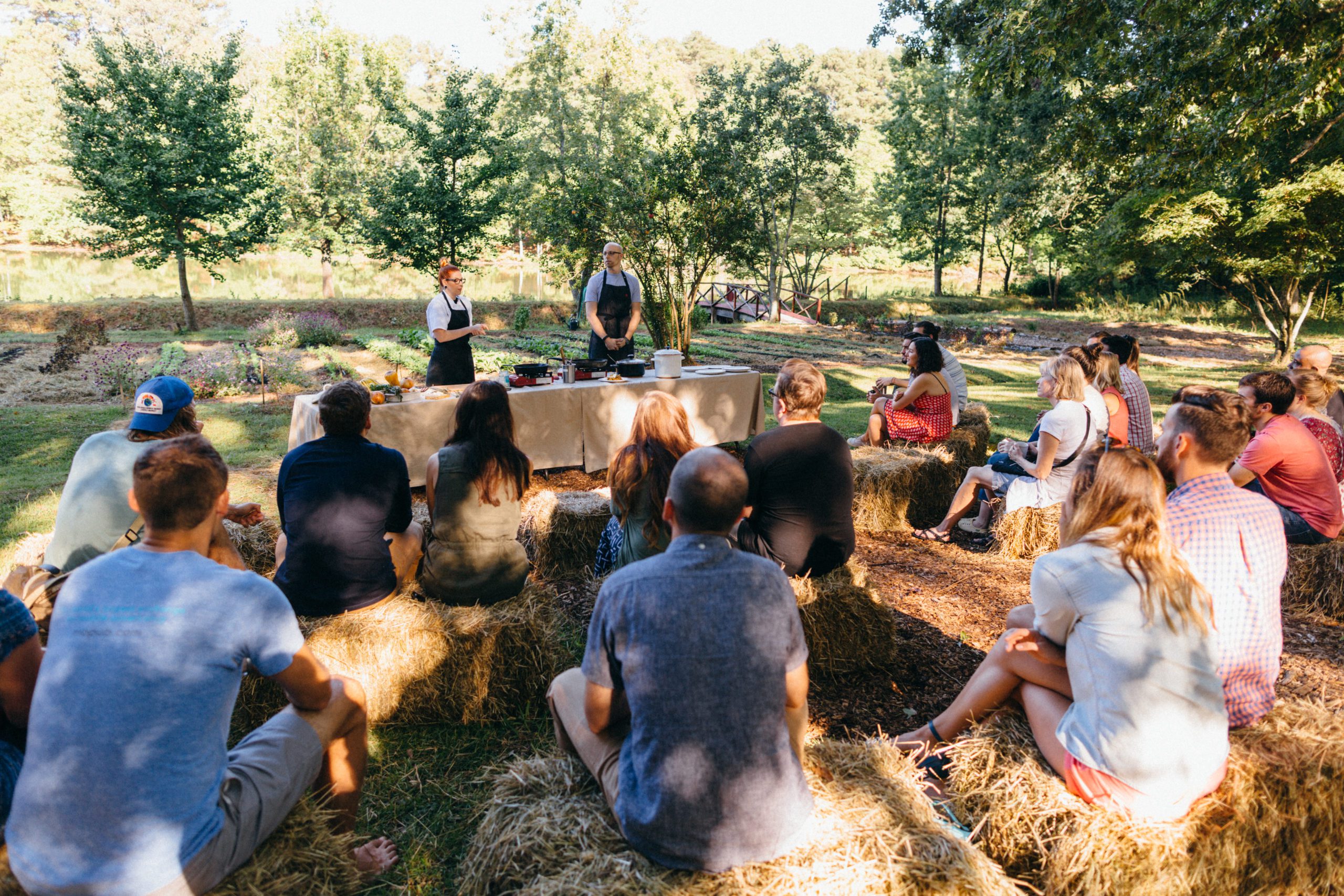Just a day before the severity of the virus became widely apparent in Atlanta, we signed a lease on the nine thousand square foot warehouse space next to ours. We’d outgrown our former cooler and freezer capacity and knew we needed to expand regardless of the pandemic. But what we thought would take us years to fill ended up taking only a few months. Within a week of signing, over 800 new customers had joined Fresh Harvest for home deliveries.
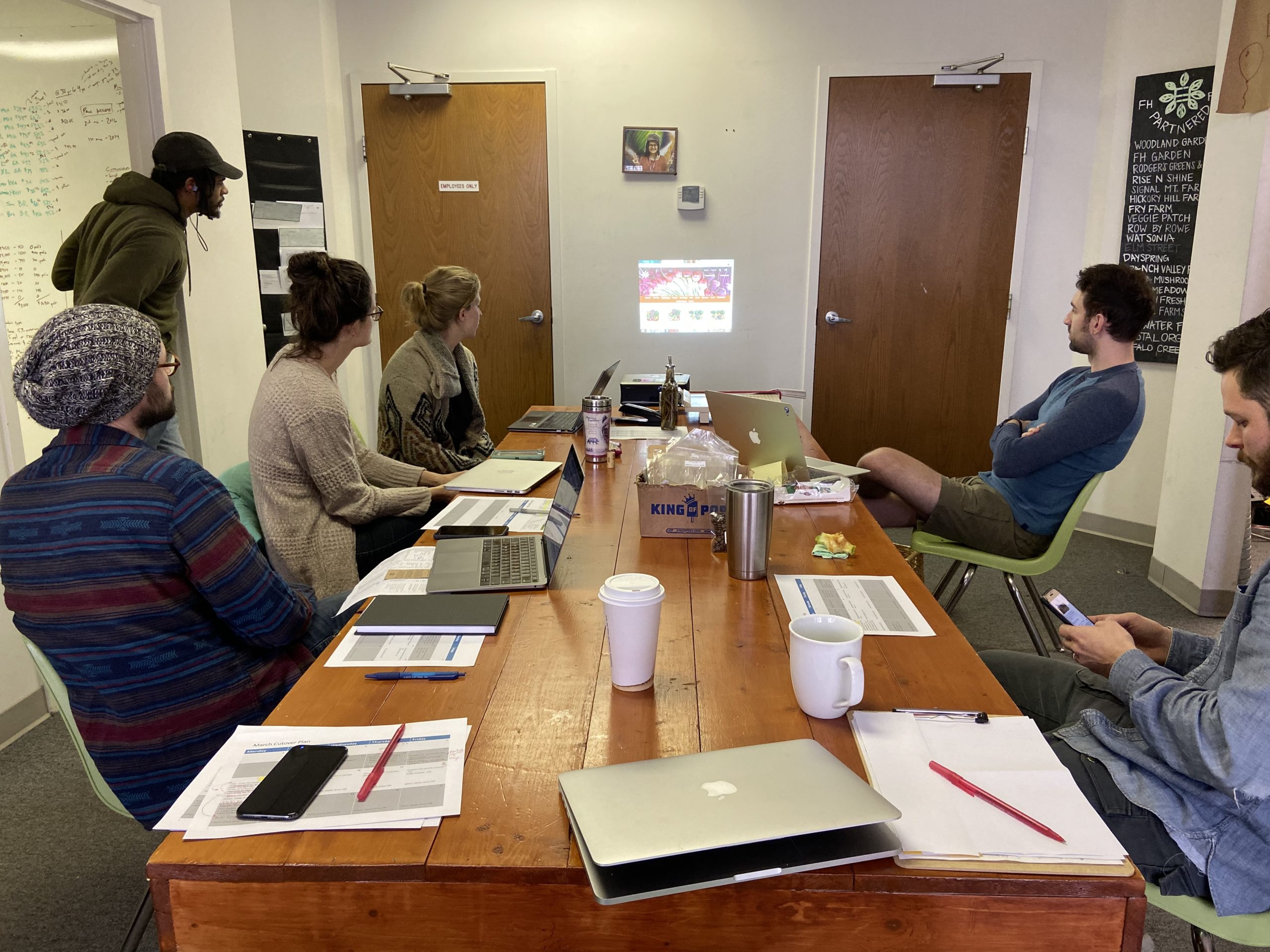
Eight months later, the circumstances of our world still look uncertain. With millions out of work, financial instability on the rise, social unrest, plus unprecedented sickness and death, it’s safe to say that most of us have sustained losses in 2020. Many of us don’t have a whole lot to celebrate either; and it’s not over yet. Even so, we humans need to find good in the midst of a tragedy, and thankfully the 2020 story of Atlanta’s local food movement has offered some semblance of a silver lining.
There’s nothing like desperation to reveal how much we need each other. On one side consumers faced the scary possibility that they could run out of food for their families. At the same time, there were many small local farmers and food producers on the brink of losing their livelihood. Farmer’s markets around Atlanta started dropping like flies and plenty of growers were getting nervous about where all the food in their fields would end up. It was a scary time for many of us.
When things in the wider world took a turn for the worse it quickly became obvious that the health of our local community is determined largely by the degree to which it leans on the local supply chain. Author and poet Wendell Berry once said that, “An economy genuinely local and neighborly offers to localities a measure of security that they cannot derive from a national or a global economy controlled by people who, by principle, have no local commitment.” Who would have guessed that one of the most underrated and beautiful moments of this crazy-hard year would take place at the cross section of this local supply and demand? For better or for worse, our small company got front row seats to witness and participate in the accuracy of Berry’s words.
This spike only increased when on March 23rd Atlanta Mayor Keisha Lance-Bottoms signed a two-week stay at home order. Because of our role in the food system, Fresh Harvest employees were deemed essential and we were allowed to keep delivering baskets around Atlanta. But with each positive step forward and added responsibility there seemed to arise a litany of brand new challenges in almost every facet of our operation.
We became aware of the fact that signing up new customers was a useless endeavor if there was nobody to pack the baskets, drive the trucks, or handle customer service. Going from 20 employees to onboarding nearly 60 new hires within a couple months has not been without its challenges. Among other things, this presented a lot of new HR and management work for our small team. “We were hiring so many people so quickly. It felt like I literally hired anyone who knocked on the door, which was particularly scary when we had no idea if the government would even allow us to stay open,” recalled Director of Operations Alison Burnett.
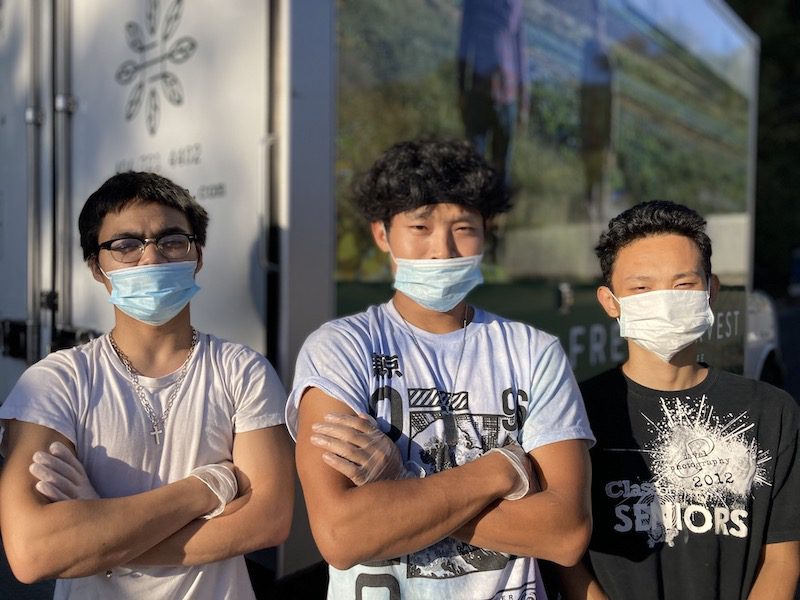
In the end, this hiring was not just necessary, but it also turned out to be one of the best moves we could have made. Not only are there fifteen different families represented at Fresh Harvest with multiple brothers, sisters, husbands, moms, and dads doubling as coworkers, but also the vast majority of these new hires are refugees. Without a doubt our company is better than ever because of our amazing family of people.
Clarkston, an official refugee resettlement city, has been our home for about six years now. During much of that time we’ve subsidized a weekly market in the parking lot of a local apartment complex. The pandemic may have put a temporary halt to this Share the Harvest Market, but it also opened the door for over $37,000 worth in produce donations (and counting!) delivered to the homes of Clarkston-area families in need. This collaboration with our customers as well as our partners at Envision Atlanta and Concrete Jungle has been a beautiful investment opportunity during these challenging months.
Despite the necessity of a waitlist, we continued to add more customers each week, and by May 5th our customer base had officially doubled in size. But there was no way to deliver to all these homes with our pre-Covid fleet of seven refrigerated trucks and drivers. So we bought more delivery trucks. Eight more to be exact. Along with these shiny new vehicles came eight more drivers, at least ten breakdowns, countless flat tires, and most recently a late night heist that cost us eight not-so-cheap catalytic converters.
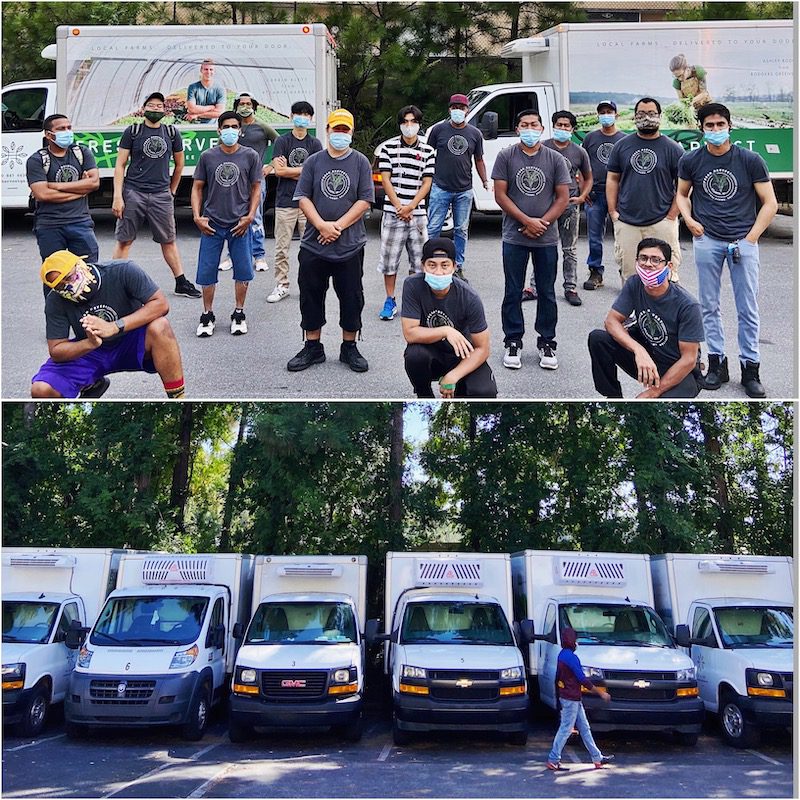
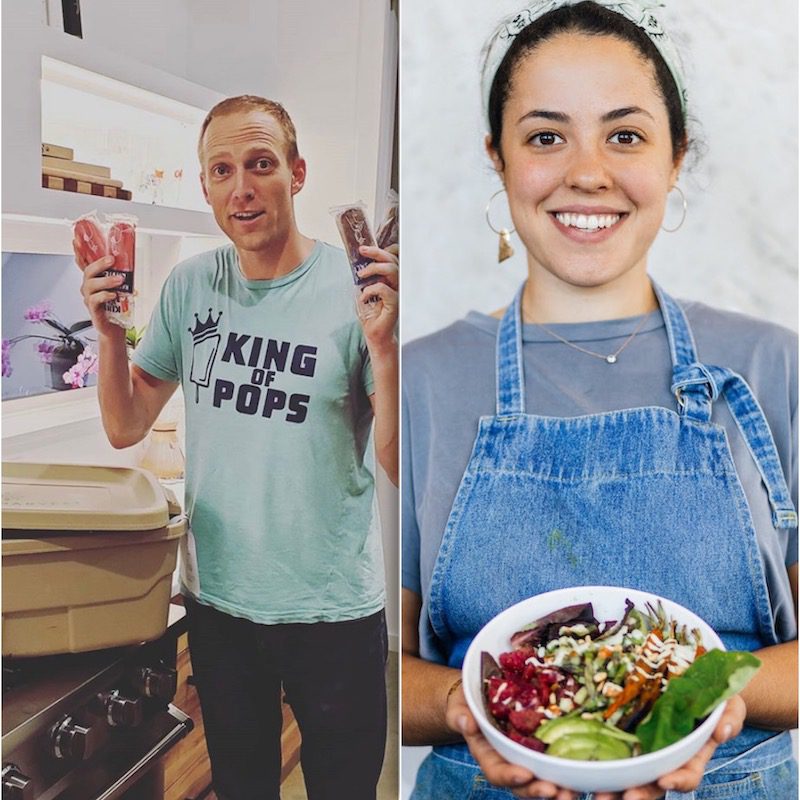
Between donations and customer orders, keeping on top of supply and inventory proved to be another formidable challenge. On May first, we completely sold out of eggs. In an amazing display of trust, Nick Ball of Wauka Meadows Farm added 700 chicks to his flock of egg-laying hens, counting on Fresh Harvest customers to keep supporting his business while he took on the financial risk of growing to meet the demand. And the demand continued to rise. Turns out the local food economy was a good bet!
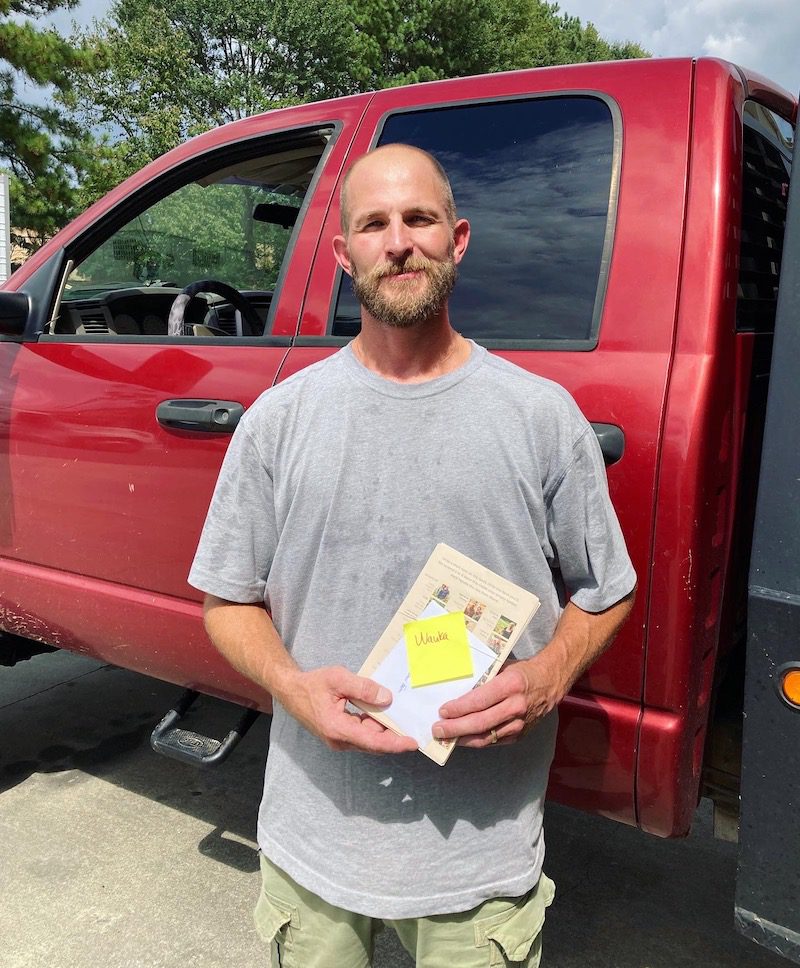
Fresh Harvest’s role in the Metro Atlanta community has always been simple: facilitate connection between local food producers and consumers. And though the many challenges of this undertaking during a pandemic became immediately apparent, the value of Atlanta’s local food system also became more brilliant than ever. Local consumers and local producers were there for each other when each group needed it most.
We know that we’ve been fortunate so far. Without a doubt the prevailing sentiment within our company of individuals is gratitude. Gratitude for our local farmers and producers who grow our sustenance while actively teaching us how to trust. Gratitude for our hardworking, fun, and diverse team of employees. And gratitude for our customers who thoughtfully invest in what’s best for this community, the earth, and inevitably the well-being of their families. There’s no single hero in this silver lining narrative of 2020, just a lot of people who need one another. We truly are all in this together.
